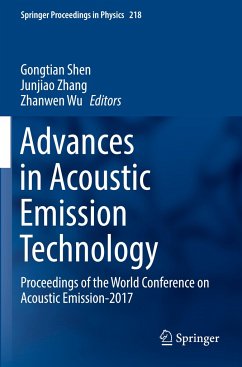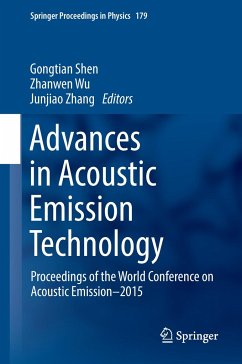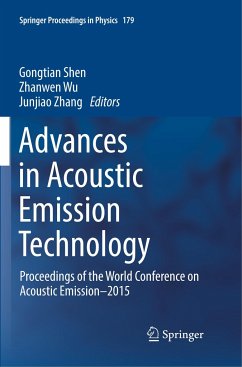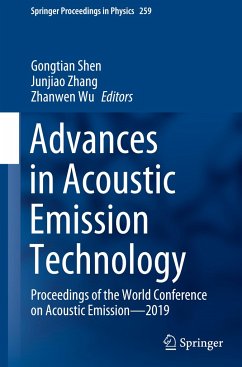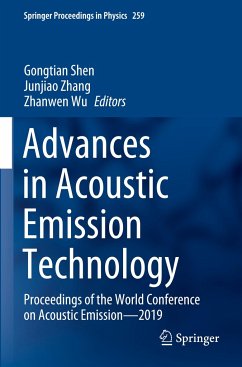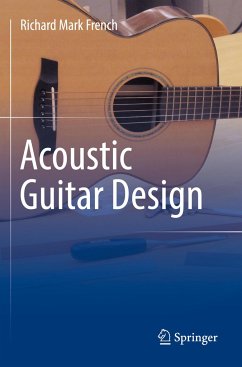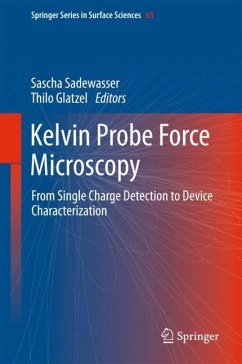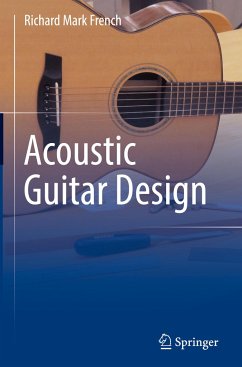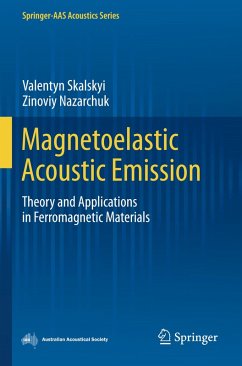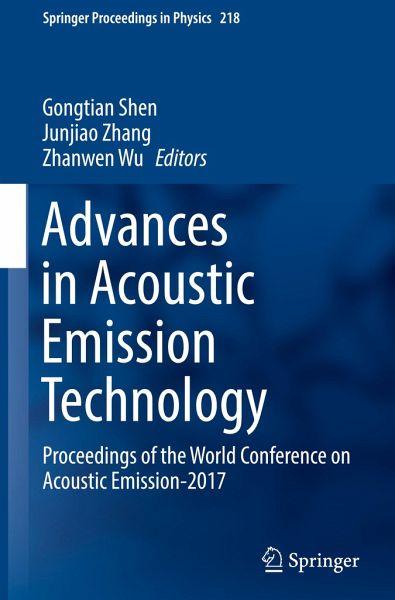
Advances in Acoustic Emission Technology
Proceedings of the World Conference on Acoustic Emission-2017
Herausgegeben: Shen, Gongtian; Zhang, Junjiao; Wu, Zhanwen

PAYBACK Punkte
57 °P sammeln!
This volume collects the papers from the World Conference on Acoustic Emission 2017 (WCAE-2017) in Xi'an, China. The latest research and applications of acoustic emission (AE) are explored, with a particular emphasis on detecting and processing AE signals, the development of AE instrument and testing standards, AE of materials, engineering structures and systems, including the processing of collected data and analytical techniques. Numerous case studies are also included. This proceedings volume will appeal to students, professors and researchers working in these fields as physicists and/or en...
This volume collects the papers from the World Conference on Acoustic Emission 2017 (WCAE-2017) in Xi'an, China. The latest research and applications of acoustic emission (AE) are explored, with a particular emphasis on detecting and processing AE signals, the development of AE instrument and testing standards, AE of materials, engineering structures and systems, including the processing of collected data and analytical techniques. Numerous case studies are also included. This proceedings volume will appeal to students, professors and researchers working in these fields as physicists and/or engineers.



